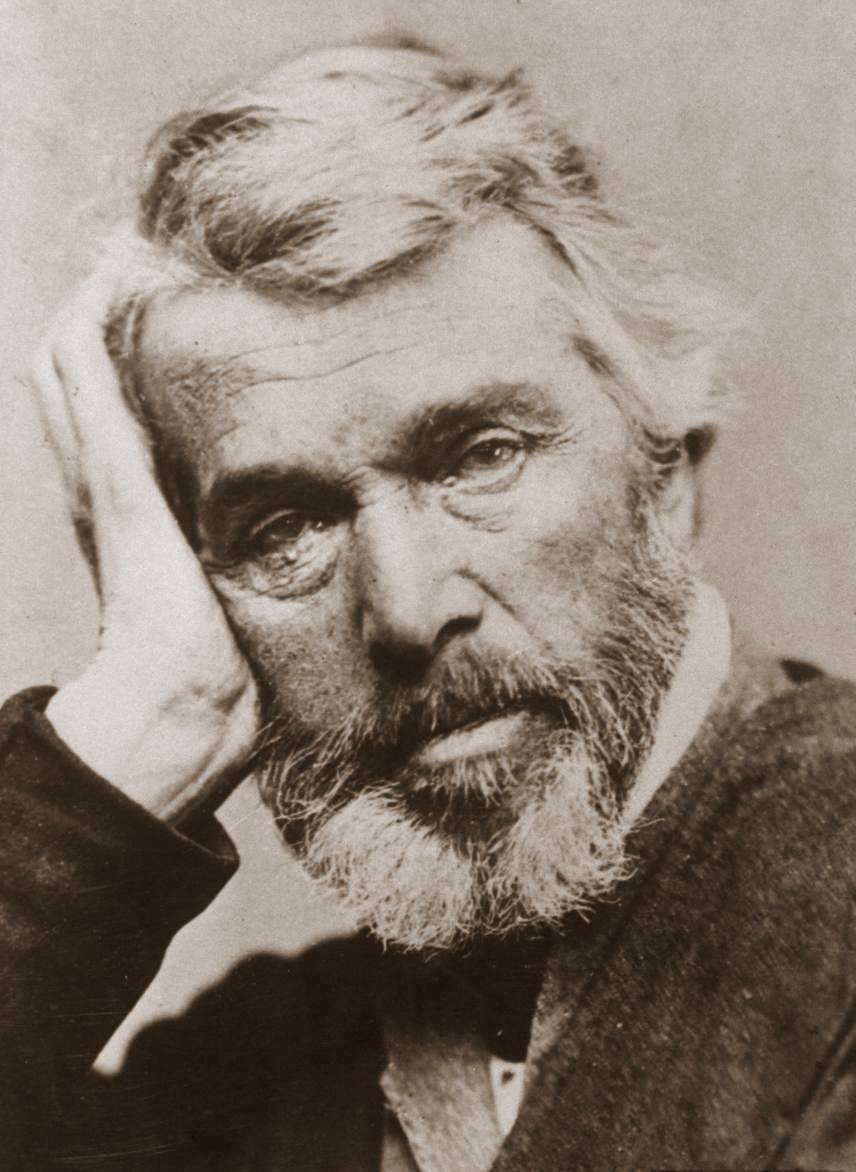„Das, was wir den Tod nennen, ist in Wahrheit der Anfang des Lebens.“
Original engl.: "... and Death, what mortals call Death, properly the beginning of Life." - Critical and miscellaneous essays. A new edition. Vol. 5. Boston 1855, S. 301 (aus "Characteristics", Edinburgh Review 1831)
